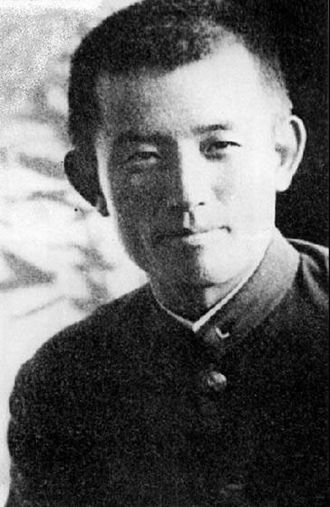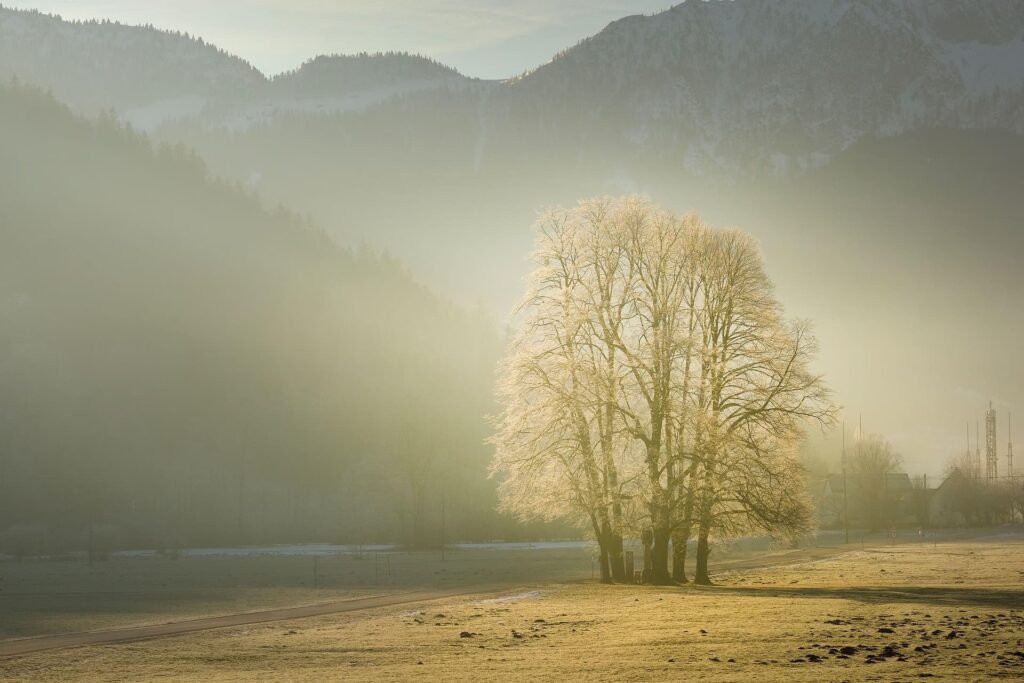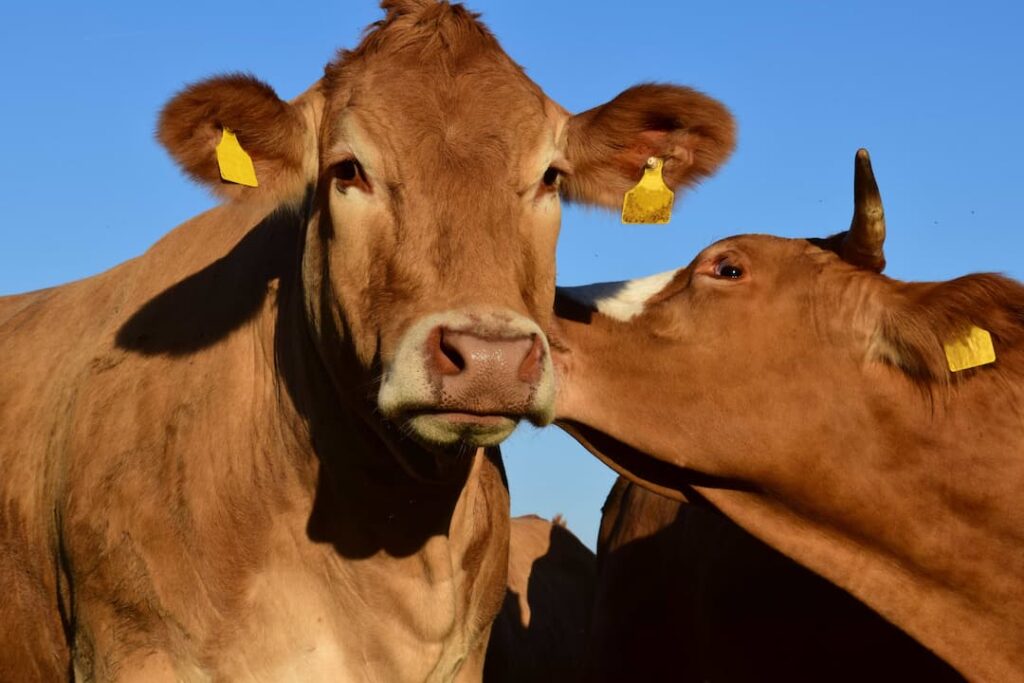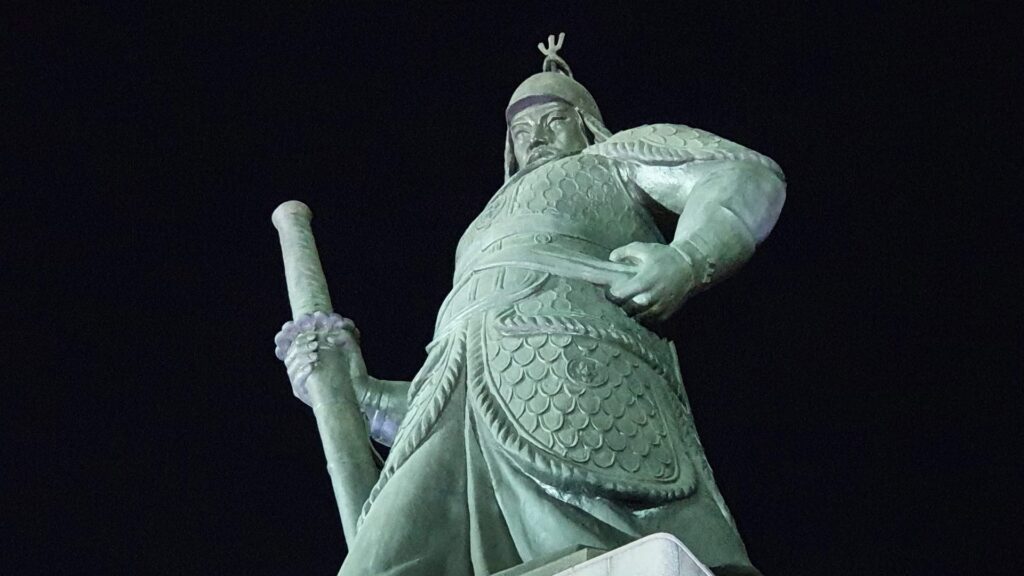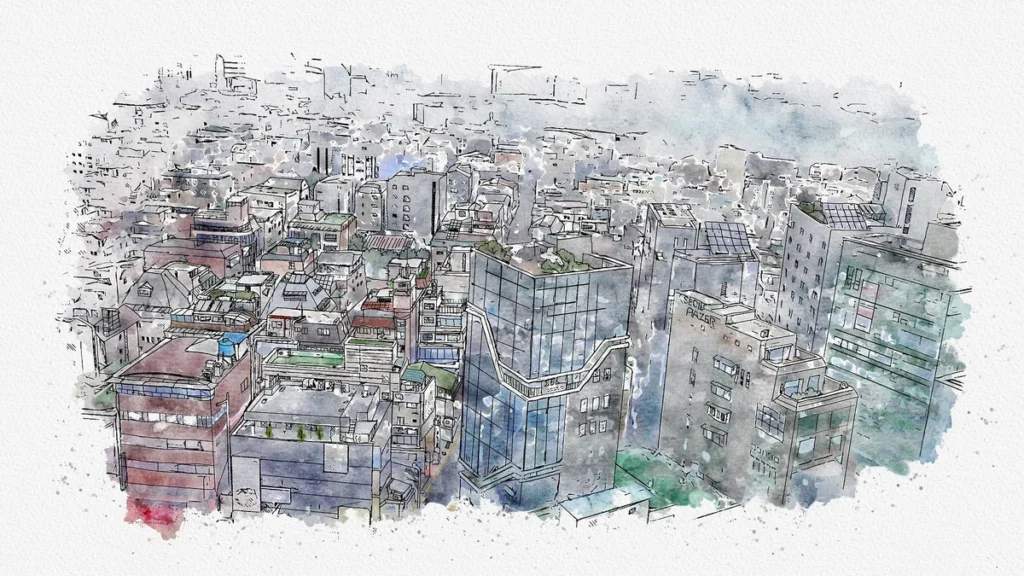Yun Dong-ju’s ‘Byeol Heneun Bam’ Unveiled: Korean Poetry Explained
Yun Dong-ju’s “Byeol Heneun Bam” reveals profound longing, identity, and hope under colonial oppression. Through poetic metaphors of stars, seasons, and silence, the poem navigates memory, youth, and rebirth. This analysis uncovers the emotional layers of one of Korea’s most beloved poems and the quiet resistance embedded in each verse. A must-read for learners of Korean poetry and history.
Yun Dong-ju’s ‘Byeol Heneun Bam’ Unveiled: Korean Poetry Explained Read More »

